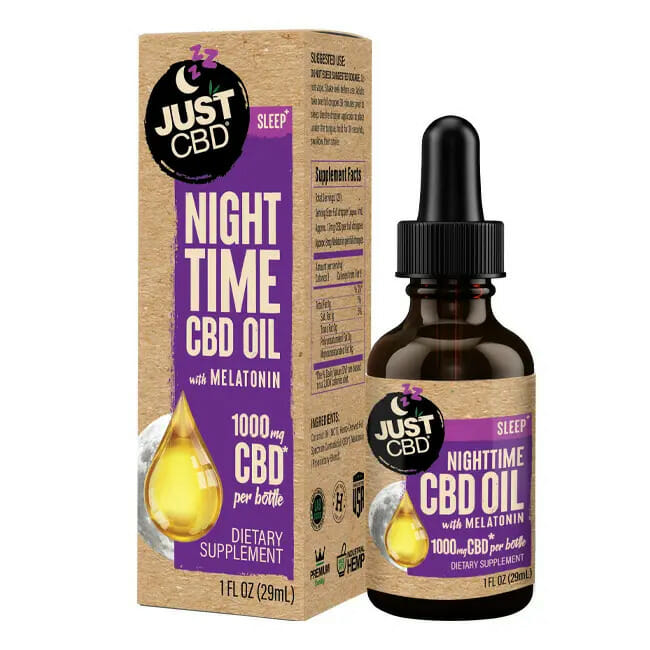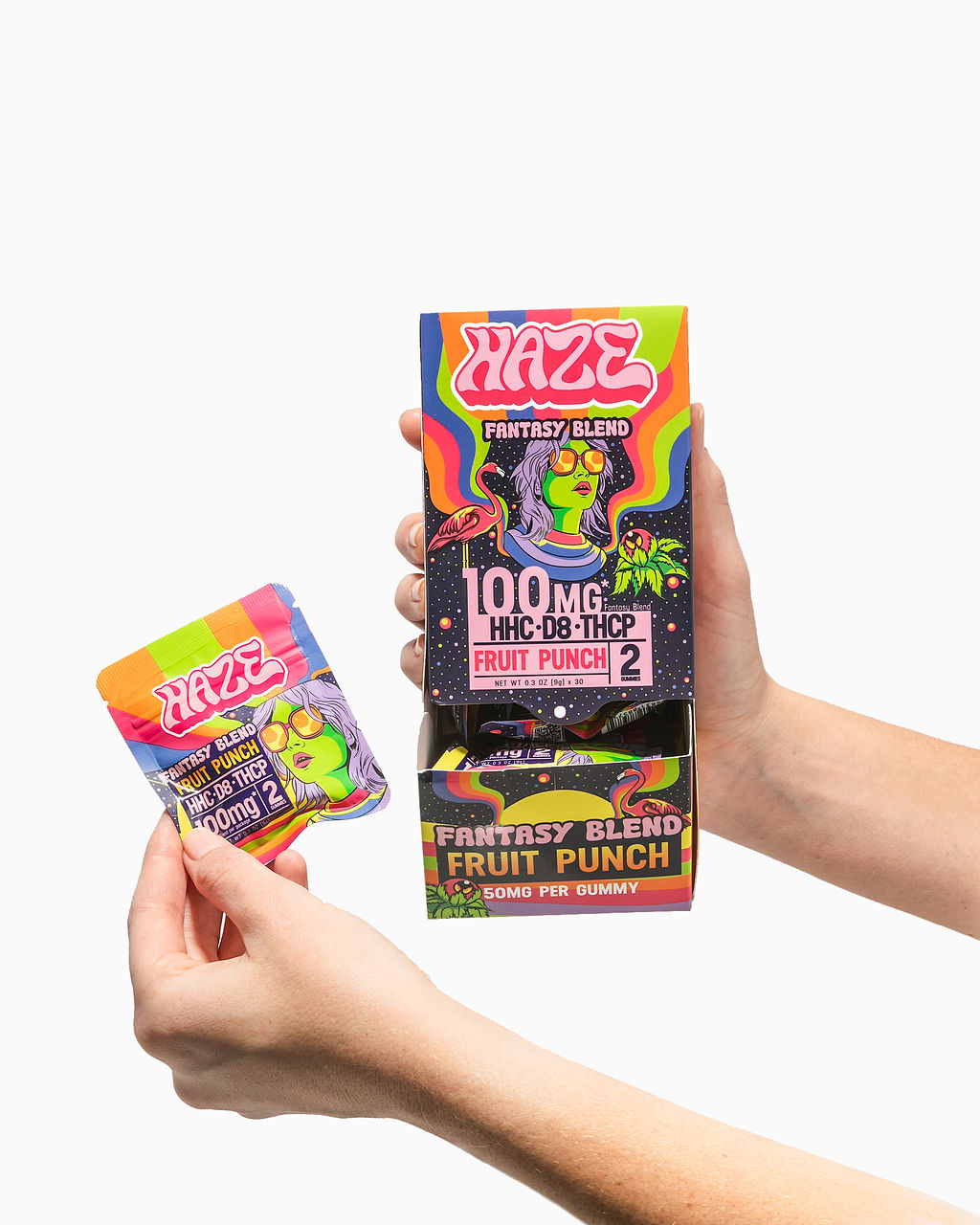The Ultimate Guide To Using CBD For Sleep And Relaxation
Understanding CBD for Sleep
Millions struggle with sleep disturbances, impacting their overall well-being. Exploring natural solutions like cannabidiol (CBD) offers hope for a restful night’s sleep. This guide delves into the potential benefits of CBD for sleep and relaxation, exploring how it works, optimal dosages, different consumption methods, and essential factors to consider when choosing CBD products.
What is CBD?
Cannabidiol, commonly known as CBD, is a naturally occurring compound found in the cannabis plant. Unlike its counterpart THC, CBD does not produce psychoactive effects, meaning it won’t make you feel “high.” CBD interacts with the body’s endocannabinoid system, a complex network of receptors involved in regulating various functions, including sleep, mood, and pain perception.
How CBD Affects Sleep
CBD is believed to promote relaxation and improve sleep quality by influencing this system. It may interact with serotonin receptors, neurotransmitters that play a crucial role in regulating sleep cycles. Additionally, CBD has anti-inflammatory properties, which can help alleviate discomfort and reduce stress, contributing to better sleep.
While research on CBD’s sleep benefits is ongoing, numerous anecdotal reports and small studies suggest its potential efficacy. Many individuals find that incorporating CBD into their bedtime routine helps them fall asleep faster, experience deeper sleep, and wake up feeling more refreshed.
Choosing the Right CBD Product for Sleep
Millions of people struggle to get a good night’s sleep, impacting their overall health and well-being. For those seeking natural solutions, cannabidiol (CBD) has emerged as a promising option. This guide explores the potential benefits of CBD for promoting relaxation and improving sleep quality.
CBD Oils and Tinctures

Choosing the right CBD product for sleep can be overwhelming with the wide array of options available. CBD oils and tinctures are popular choices due to their versatility and ease of use.
- CBD oils are typically taken orally, either by placing drops under the tongue or adding them to food or beverages. They come in various strengths and flavors.
- Tinctures, similar to oils, are often made with alcohol as a solvent. This allows for faster absorption into the bloodstream.
Capsules and Gummies
Another popular option is CBD capsules, which offer a convenient and pre-dosed way to consume CBD.
They contain a specific amount of CBD extract encapsulated in a gelatin shell, making them easy to swallow. Capsules provide a consistent dosage and avoid the taste that some may find unpleasant with oils or tinctures.
CBD gummies are a delicious and discreet option for those who prefer edibles. These chewy treats often come in various flavors and contain measured doses of CBD.
Topical Creams and Balms
For localized relief, topical creams and balms infused with CBD can be beneficial. These products are applied directly to the skin and are known for their soothing and analgesic properties.
CBD topical applications are often used to target areas of muscle tension or discomfort that may interfere with sleep. They may help reduce inflammation and promote relaxation, contributing to a more restful night.
Determining Your Dosage
Determining the right CBD dosage for sleep is crucial for maximizing its potential benefits. Factors like individual body weight, metabolism, and desired effects influence optimal dosing. Starting with a lower dose and gradually increasing it as needed allows individuals to find their personal sweet spot.
Factors Affecting CBD Dosage
Determining your ideal CBD dosage for sleep requires considering several factors unique to you. Body weight plays a significant role; generally, larger individuals may need higher doses compared to those with smaller body frames.
Metabolism also influences how quickly your body processes CBD. Individuals with faster metabolisms might require more frequent dosing or higher dosages to maintain therapeutic levels.
The desired outcome also impacts dosage. If seeking mild relaxation and improved sleep quality, a lower dose may suffice. For addressing significant sleep disturbances or anxiety, a higher dose might be necessary.
Starting Dosage Recommendations
Determining your ideal CBD dosage for sleep requires considering several factors unique to you. Body weight plays a significant role; generally, larger individuals may need higher doses compared to those with smaller body frames. Metabolism also influences how quickly your body processes CBD. Individuals with faster metabolisms might require more frequent dosing or higher dosages to maintain therapeutic levels. The desired outcome also impacts dosage. If seeking mild relaxation and improved sleep quality, a lower dose may suffice. For addressing significant sleep disturbances or anxiety, a higher dose might be necessary.
Starting dosage recommendations for CBD sleep products often range from 10mg to 25mg. It’s essential to begin with the lowest effective dose and gradually increase it until you experience the desired effects.
It’s crucial to listen to your body and adjust your dosage accordingly.
Tips for Using CBD for Sleep
Millions of people struggle with sleep disturbances, impacting their overall health and well-being. For those seeking natural solutions, cannabidiol (CBD) has emerged as a promising option. This guide explores the potential benefits of CBD for promoting relaxation and improving sleep quality, delving into how it works, optimal dosages, different consumption methods, and essential factors to consider when choosing CBD products.
Timing of Consumption
Timing your CBD consumption can significantly impact its effectiveness for sleep.
Most experts recommend taking CBD about 30 minutes to an hour before bedtime. This allows time for the CBD to be absorbed into the bloodstream and begin influencing your endocannabinoid system, promoting relaxation and preparing you for sleep.
Experimenting with different timings can help determine what works best for your body.
Setting the Right Atmosphere
Setting the right atmosphere is crucial for optimizing the benefits of CBD for sleep. Creating a calming and relaxing environment can enhance the overall sleep experience.
Consider these tips for setting the stage for restful slumber:
-
Dim the Lights: Lowering the lights an hour or two before bedtime signals to your body that it’s time to wind down. Dim lighting can promote melatonin production, a hormone essential for sleep regulation.
-
Create a Tranquil Space: Ensure your bedroom is a haven of peace and quiet. Minimize noise distractions by using earplugs or white noise machines if needed.
-
Temperature Control: A cool, comfortable temperature is ideal for sleep. Most people sleep best in a room that’s slightly cooler than their daytime temperature.
-
Aromatherapy: Certain scents, like lavender or chamomile, are known to promote relaxation and sleepiness. Consider using essential oil diffusers or scented candles to create a calming ambiance.
-
Digital Detox: Limit screen time before bed. The blue light emitted from electronic devices can interfere with melatonin production and disrupt your sleep cycle.
Pairing with Other Relaxation Techniques
Pairing CBD with other relaxation techniques can amplify its effects and promote a more restful night’s sleep. Here are some complementary practices to consider:
Yoga and Meditation: These practices help calm the mind and body, reduce stress, and improve sleep quality. Incorporating regular yoga or meditation sessions into your routine can enhance the benefits of CBD.

Deep Breathing Exercises: Practicing deep, slow breaths can lower heart rate, relax muscles, and ease anxiety. Deep breathing techniques, such as diaphragmatic breathing, can be particularly helpful before bedtime.
Progressive Muscle Relaxation: This technique involves systematically tensing and releasing different muscle groups in the body. It helps alleviate physical tension and promotes a state of deep relaxation, making it easier to fall asleep.
A Warm Bath or Shower: A warm bath or shower before bed can relax muscles and ease tension. Adding Epsom salts or essential oils like lavender can further enhance the calming effects.
Establishing a Regular Sleep Schedule: Maintaining consistent sleep-wake cycles helps regulate your body’s natural sleep rhythm. Aim for 7-8 hours of sleep per night and stick to a regular bedtime and wake-up time, even on weekends.
Potential Side Effects and Interactions
It is important to be aware that CBD can interact with certain medications and may have potential side effects. Consult with a healthcare professional before using CBD, especially if you are taking other medications or have underlying health conditions.
Common Side Effects of CBD
CBD is generally well-tolerated, but it’s important to be aware of potential side effects and interactions. Some common side effects of CBD include dry mouth, drowsiness, reduced appetite, diarrhea, and nausea. These side effects are typically mild and tend to subside with continued use.
CBD can interact with certain medications, including blood thinners, antidepressants, and anticonvulsants. It’s crucial to consult with a healthcare professional before using CBD if you are taking any medications.
Drug Interactions
CBD is generally well-tolerated, but it’s important to be aware of potential side effects and interactions. Some common side effects of CBD include dry mouth, drowsiness, reduced appetite, diarrhea, and nausea. These side effects are typically mild and tend to subside with continued use.
CBD can interact with certain medications, including blood thinners, antidepressants, and anticonvulsants. It’s crucial to consult with a healthcare professional before using CBD if you are taking any medications.
Get Just CBD for a restful night
- The Ultimate Guide To Using CBD For Sleep And Relaxation - June 13, 2025
- Comparing Cosmelan Depigmentation Peel With Other Treatments In The UK - June 12, 2025
- Chin Augmentation With Chin Filler Near Ripley, Surrey - June 11, 2025
